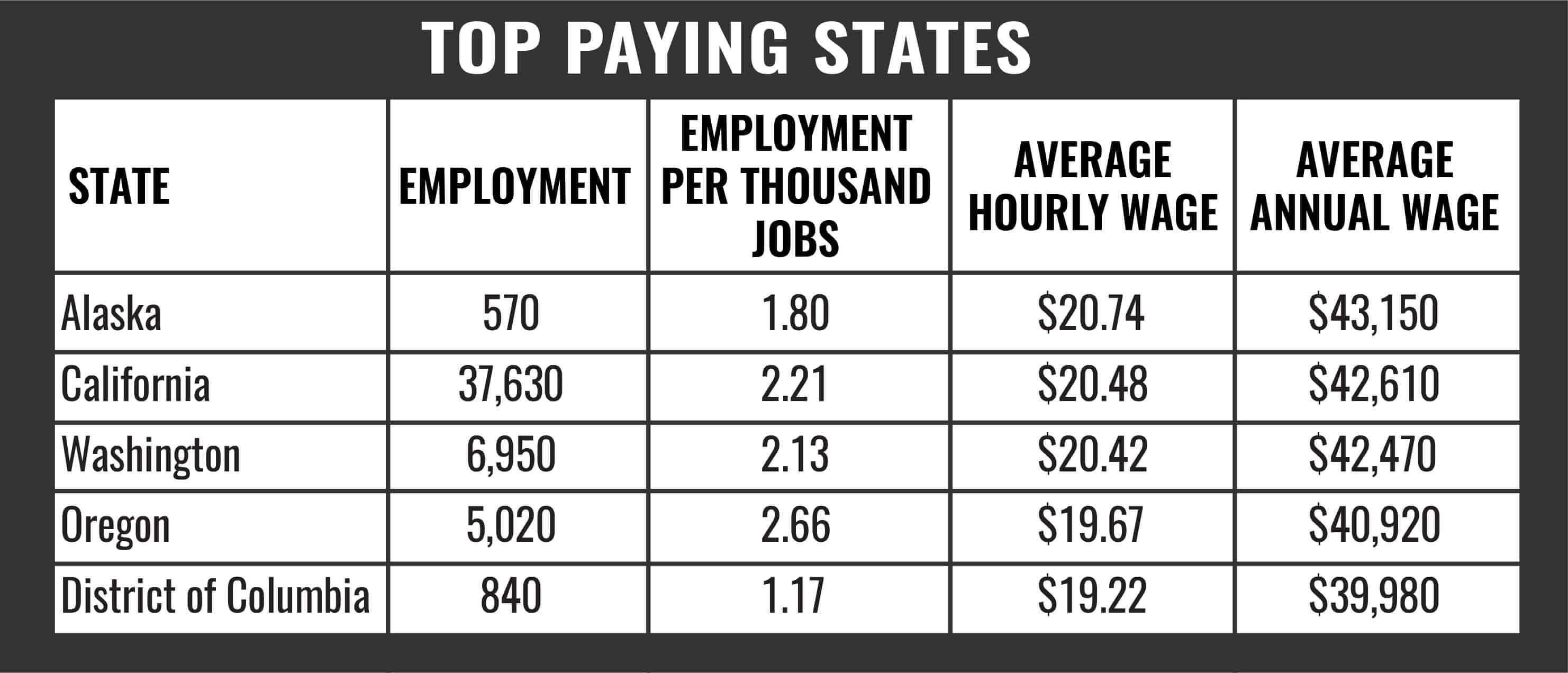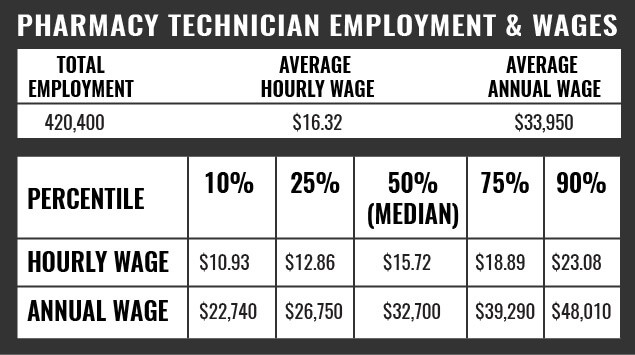How Much Do Pharmaceutical Techs Make

The hum of the dispensing machine filled the pharmacy, a comforting white noise against the backdrop of ringing phones and hurried footsteps. Maria, a pharmaceutical technician with five years under her belt, carefully counted out the pills, her brow furrowed in concentration. Each prescription represented a person, a story, and a life she was helping to improve.
Pharmaceutical technicians are the unsung heroes of healthcare, working diligently behind the scenes to ensure patients receive the medications they need. But how much do these crucial professionals actually earn? This article delves into the salary landscape for pharmacy techs, exploring factors that influence their pay and shedding light on the value they bring to the healthcare system.
The National Average: A Starting Point
According to the U.S. Bureau of Labor Statistics (BLS), the median annual wage for pharmacy technicians was $37,790 in May 2022. This translates to roughly $18.17 per hour. However, this is just a median, a central tendency. Individual salaries can vary widely based on several key factors.
Location, Location, Location
Geographic location plays a significant role in determining a pharmacy tech's earning potential. States with a higher cost of living, such as California, New York, and Massachusetts, often offer higher wages to compensate for the increased expenses. Rural areas, conversely, may offer lower salaries due to lower living costs and potentially less demand.
For instance, the BLS data indicates that states like Alaska and Washington also report higher average wages for pharmacy technicians. This could be attributed to factors such as the demand for healthcare professionals in those regions. Understanding the local market is crucial when evaluating salary expectations.
Experience and Education
As with most professions, experience significantly impacts earning potential. Entry-level technicians typically start at a lower wage, gradually increasing their salary as they gain experience and demonstrate proficiency. Certification also plays a key role.
While not always required, becoming a Certified Pharmacy Technician (CPhT) through organizations like the Pharmacy Technician Certification Board (PTCB) can significantly boost earning potential. Certification demonstrates a commitment to the profession and a validated level of knowledge and skill.
Setting Matters: Hospitals vs. Retail
The type of pharmacy setting also influences salary. Pharmacy technicians working in hospitals and other clinical settings often earn more than those in retail pharmacies. This is often due to the more complex tasks and responsibilities associated with hospital pharmacy, such as preparing sterile medications and assisting with medication reconciliation.
Hospital pharmacy work often involves working with automated dispensing systems and handling a wider range of medications and dosages. Retail pharmacy settings, while fast-paced, may focus more on customer service and prescription filling.
Beyond the Base Salary
Beyond the base salary, benefits packages can significantly impact a pharmaceutical technician's overall compensation. These may include health insurance, paid time off, retirement plans, and continuing education opportunities. Negotiating a comprehensive benefits package is an important aspect of securing fair compensation.
Additionally, some employers offer bonuses or incentive programs based on performance or company profitability. Exploring these opportunities during the job search can enhance the overall financial rewards of the position.
The role of a pharmacy technician is essential to the efficient functioning of our healthcare system. While salary is undoubtedly important, many technicians find satisfaction in the knowledge that they are making a tangible difference in the lives of others. The work is demanding, but the rewards, both personal and professional, can be significant.
As Maria finished filling the prescription, she double-checked the label one last time. She knew that this small act of precision could have a profound impact. While the numbers on a paycheck were important, the true value of her work lay in the health and well-being of her community.


















